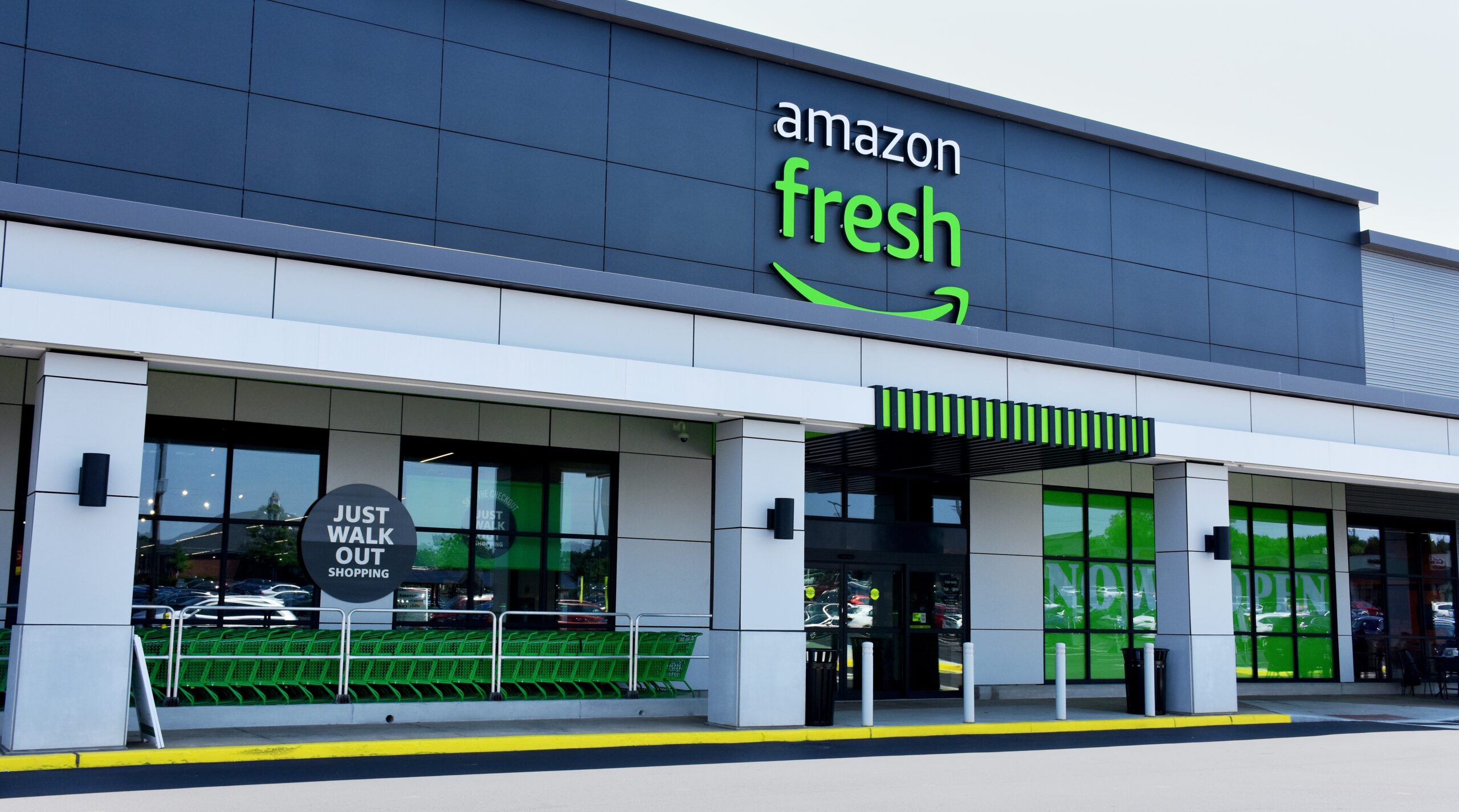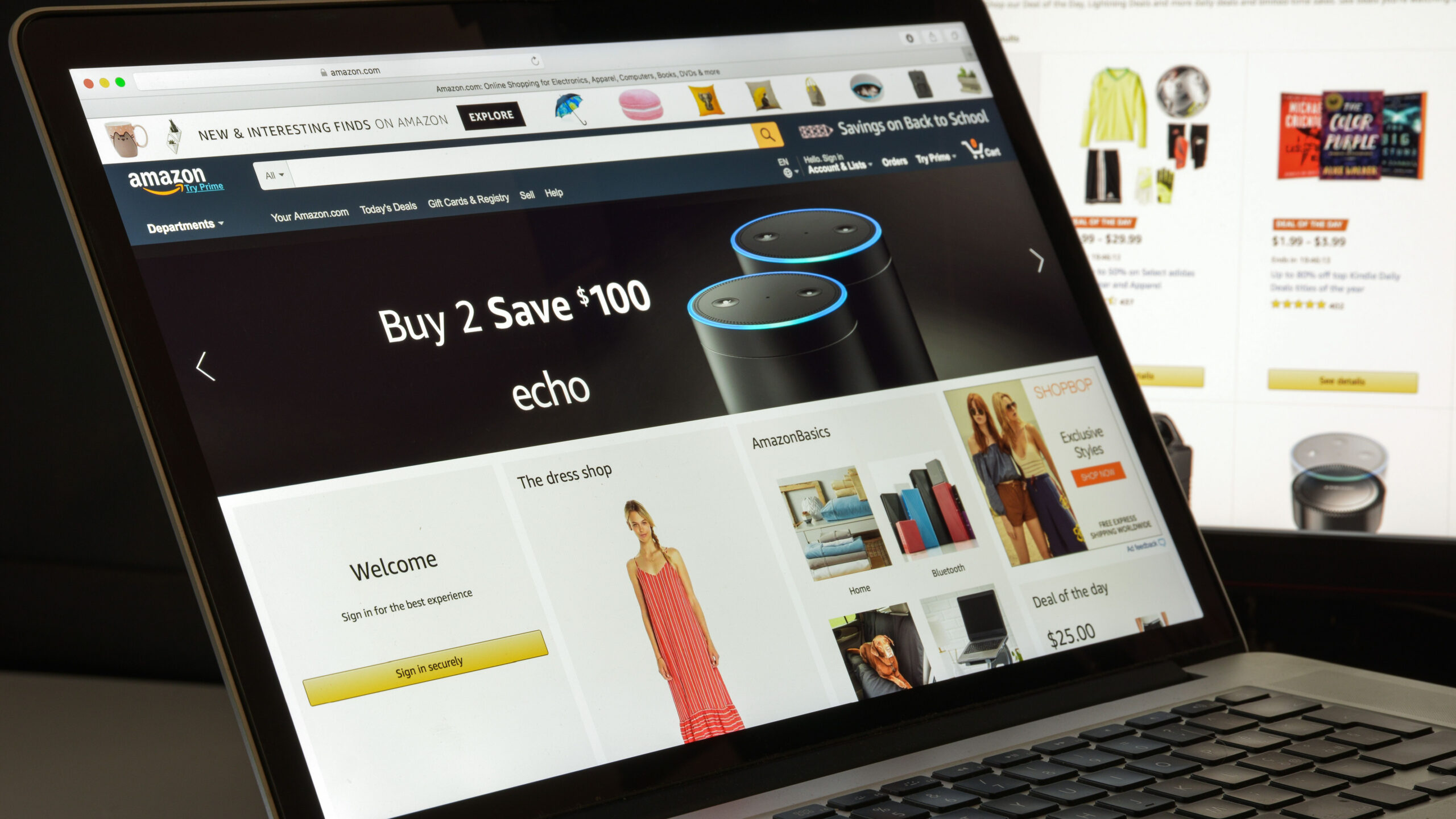Expected FTC Suit Against Amazon Contradicts Current Retail Market Showing Fierce Competition Between Online and Brick-and-Mortar

The FTC’s expected lawsuit against Amazon will likely bring novel antitrust claims amidst a retail marketplace that is currently benefiting both customers and Small and Medium Sized Businesses (SMBs). In support of their case, the FTC is expected to invent a new market definition that ignores the close and interlocking competition between online and brick-and-mortar retailers. Should the FTC succeed, it could lead to higher prices for consumers, breaking Amazon Prime, harming SMBs that sell on Amazon, or the breaking up of Amazon. Extensive research demonstrates this approach to retail markets is deeply flawed.
One Market: Online and Brick-and-Mortar Retail Prices Correspond Closely
A recent Brattle Group study determined that brick-and-mortar and online retail closely correspond and compete on pricing. This is good news for customers who benefit from the competition through lower prices and diverse venue options. In fact, online and offline prices are identical 95% of the time for the same product, retailer, location, and date. The rising popularity of omnichannel shopping, where consumers mix and match online and offline components on their shopping, encourages this convergence of the retail pricing market.
SMBs are Flourishing in An Omnichannel Shopping Ecosystem
The rise of big box stores in the 1990’s harmed SMB retailers but a recent study by NERA Economic Consulting shows how these retailers are experiencing a renaissance due to their increased use of omnichannel investment that focuses both on simultaneously developing ecommerce tools along with traditional brick and mortar sales. This “E-Commerce Effect” has shown that investment in technology tools has benefited SMB’s more than large retailers.
Competition Between Online and Offline Retail Benefits Consumers and SMBs
A new study from Deloitte on SMB’s shows that customer preferences on price, convenience, and product selection drive choices in today’s retail market that includes a mix of online and brick-and-mortar choices. The intense competition between retailers of all sizes is leading to customers researching options and comparing prices between online and offline.
Consumers Want and Benefit from Online and Brick-and-Mortar Choices
Consumer preferences are driving an omnichannel approach to retail that blend brick-and-mortar and online elements according to a study by Deloitte. Consumers, often in the same shopping journey, use digital and in-person retail to find the products they want at the best price and convenience.
Traditional retailers Walmart, Target, Costco, Home Depot have long ago expanded into online stores with rapid delivery that serve alongside their brick and mortar stores. Digital advertising has also been a new lucrative source of revenue for these retailers as Wallmart earned $600 billion in this new endeavor over 2021-2022 with more growth expected. Many of these traditional retailers also offer bundles of services similar to Amazon Prime.
Startups Benefit from Services Provided by American Technology CompaniesNew research from Engine and the CCIA Research Center demonstrates that startups leverage dozens of technology services like AWS, Zoom, and Slack to build and run their companies – often for free or little cost. Digital tools help smaller businesses compete against large incumbents across industries, including retail.







